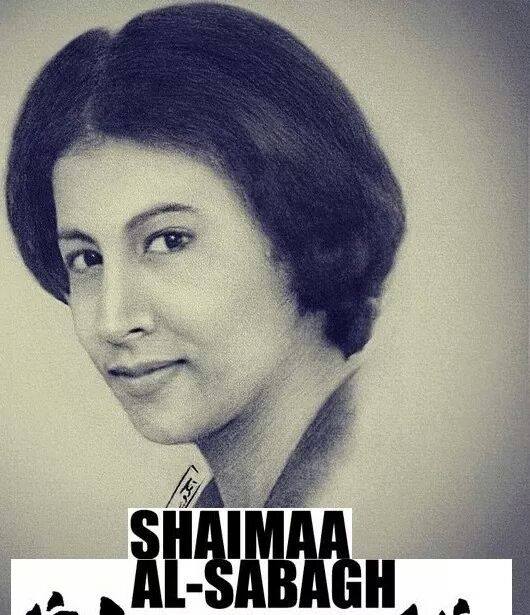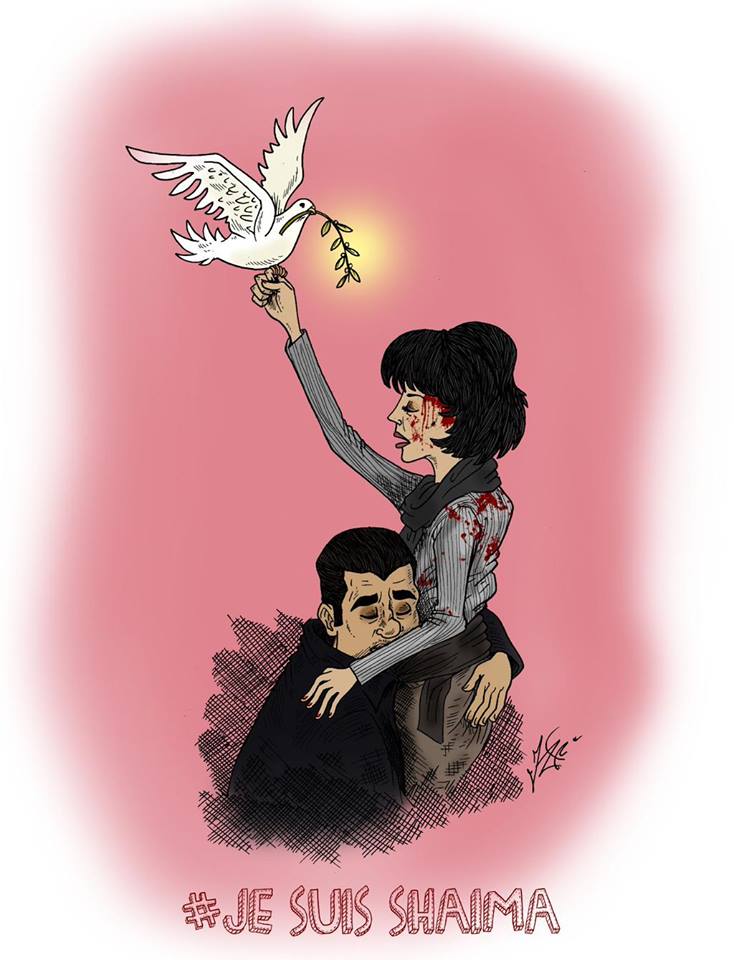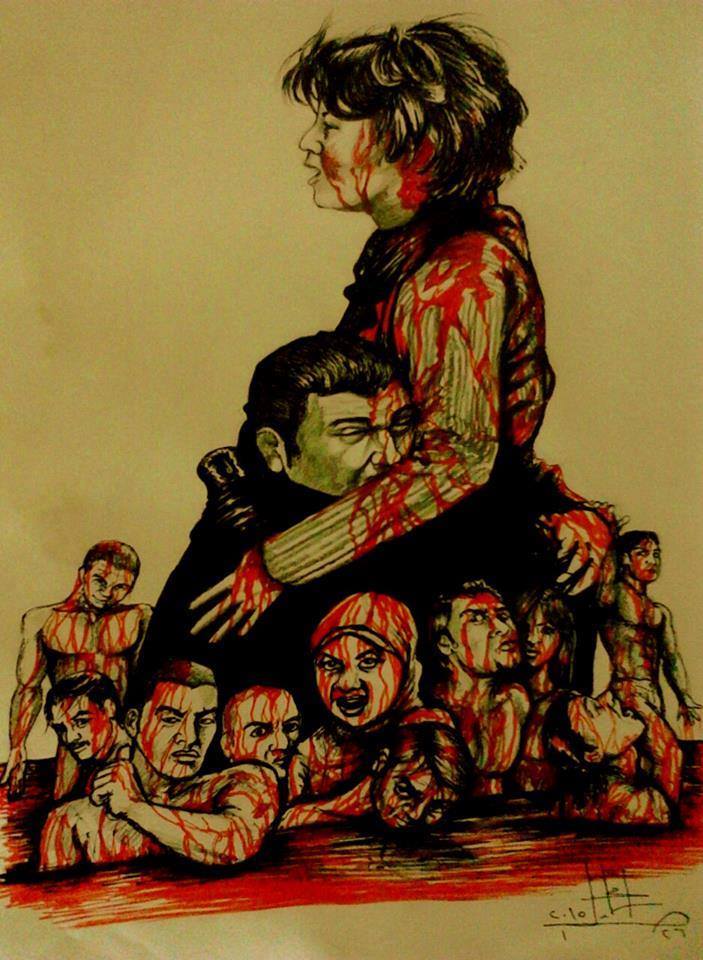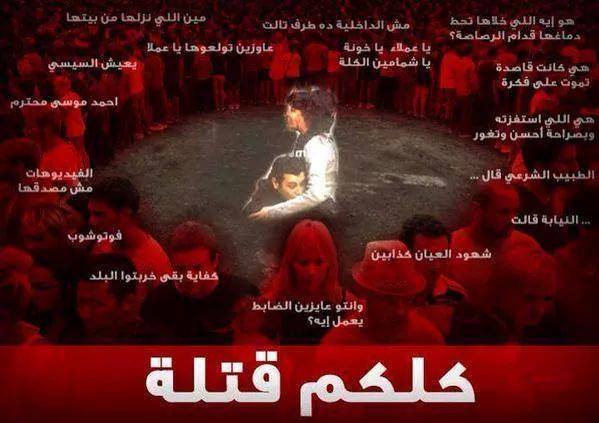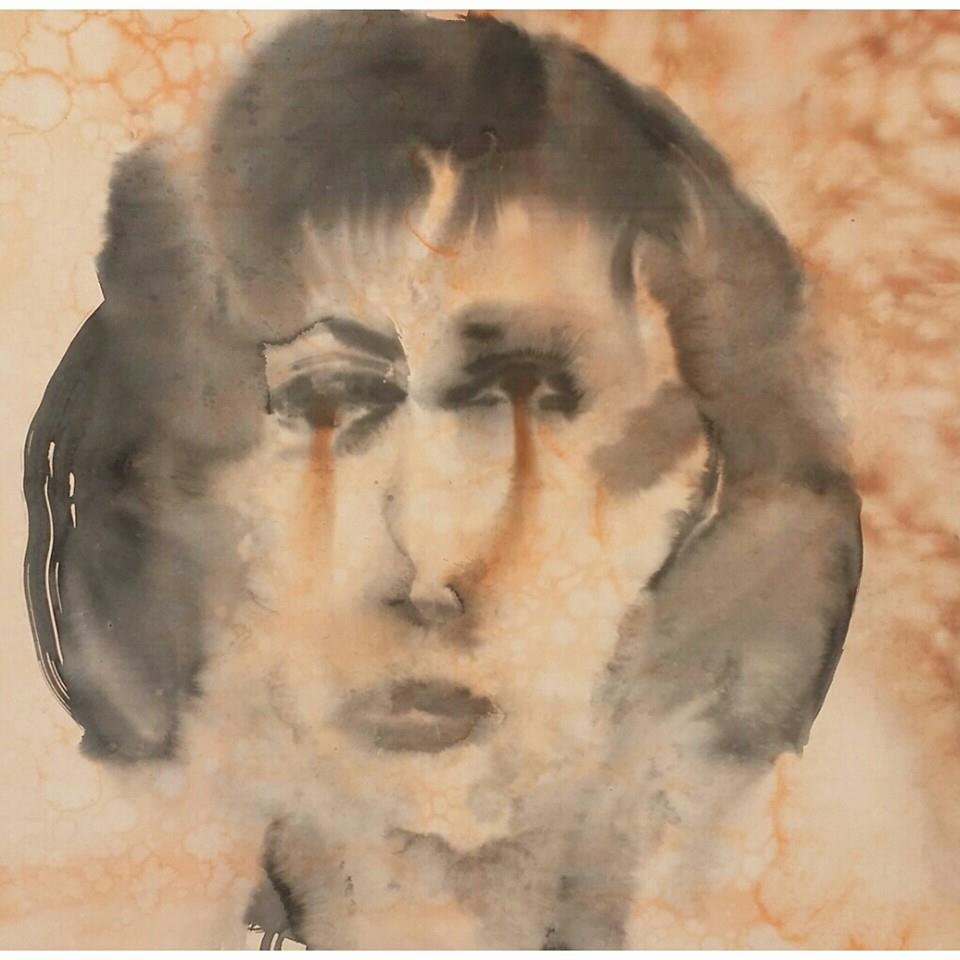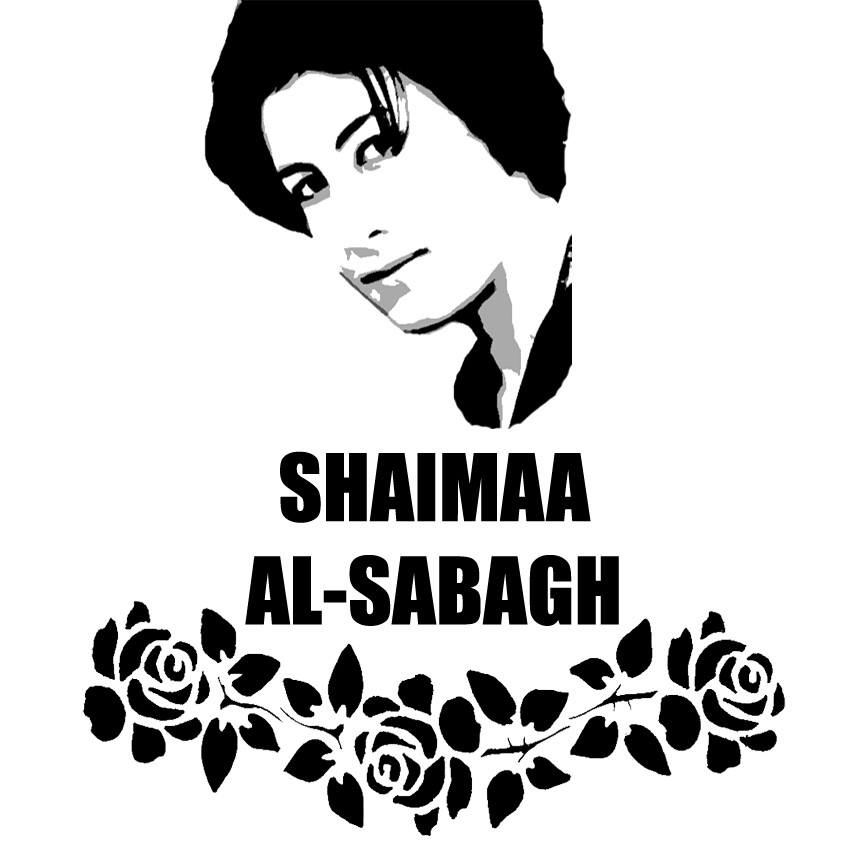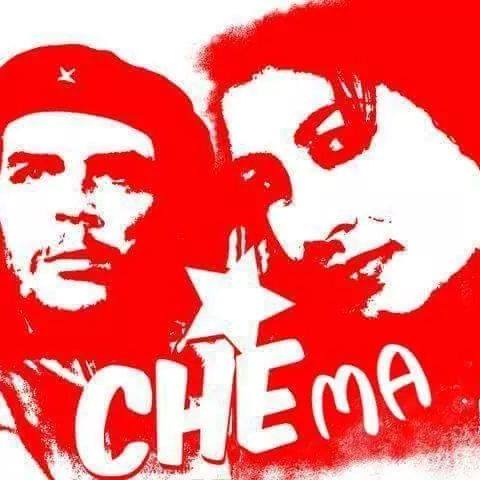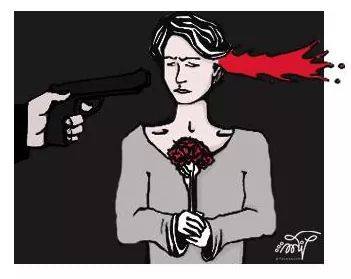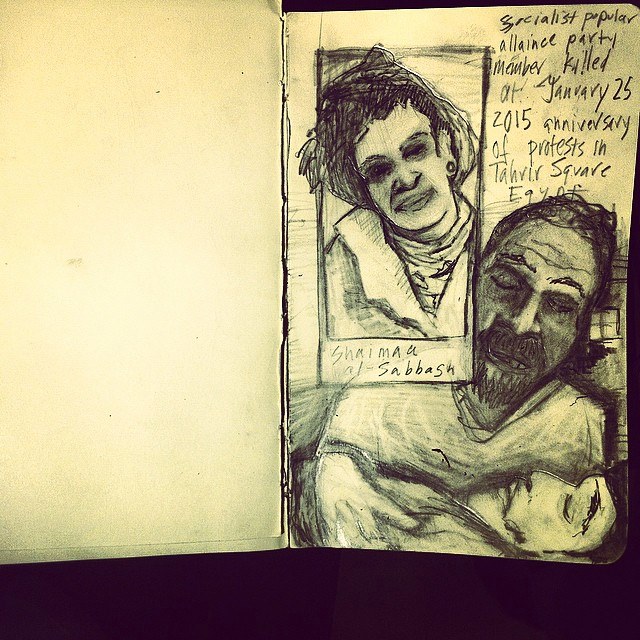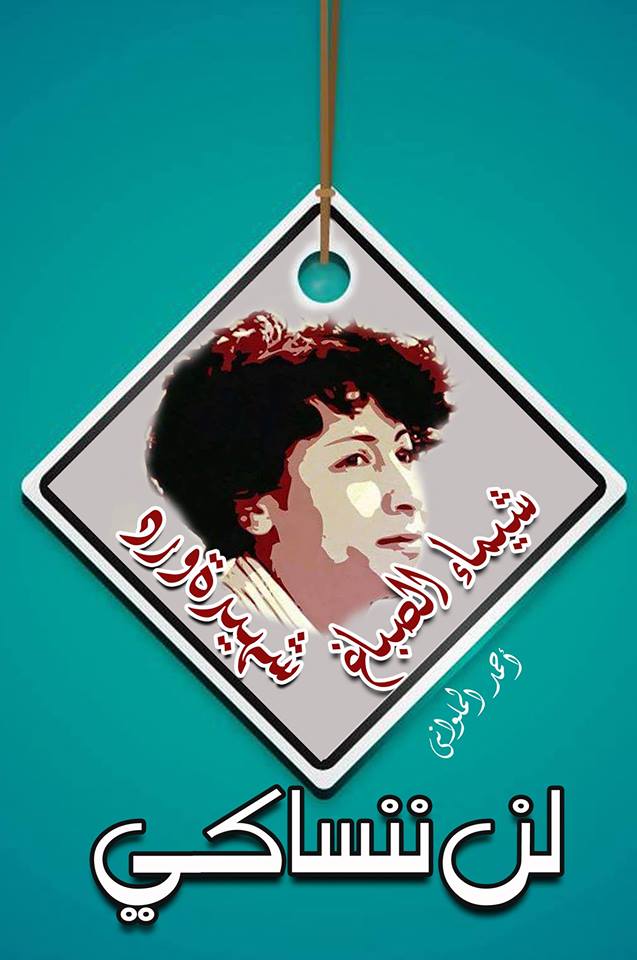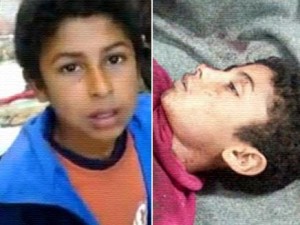I have been absolutely gutted since Shimaa ELSabbagh (also spelled as Shaimaa el-Sabbagh) was killed by security forces two weeks ago as she headed to Tahrir Square to lay flowers on the eve of the fourth anniversary of the 2011 Egyptian revolution. While I never personally knew Shimaa, we shared numerous common friends who have been in tears and heartache since that tragic afternoon. Many will ask why focus on Shimaa when other protesters also die. That is true, Sondos died the same day in Alexandria but she got little attention. Since 2011, countless lives have been lost and we don’t hear much about them. But what makes Shimaa’s death much more sharper is that her final moments in life were filmed. As a human, you can only react to the theatrics that will naturally shock you and scar it into your memory for life. It doesn’t mean we think less of other deaths. It is why we are moved by the imagery, followed by the posthumous story, of past icons such as Khaled Said, Omar Salah and Mina Danial. Shimaa’s demise will not be in vain, and she will hopefully be a signpost to illuminate the other lesser known activists killed by the state.
I believe memorialisation is important to sustain the story of Shimaa and all that she stood for. She was a writer, poet and activist, and Egypt has lost an irreplaceable asset. An innocent woman killed while carrying flowers. Like I have said before, Pablo Neruda’s words are the most appropriate here: “You can crush the flowers, but you cannot delay the spring.”
These are some of the painted, hand-drawn and digital images of Shimaa that have been floating around social media. RIP.
